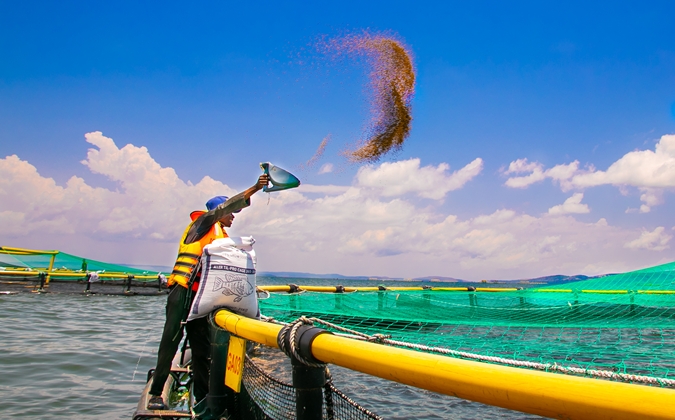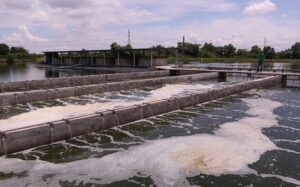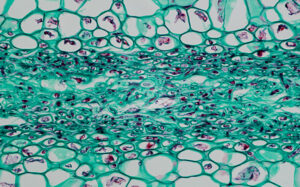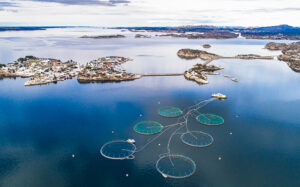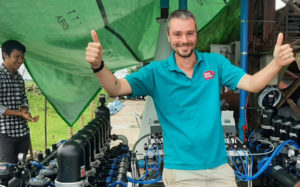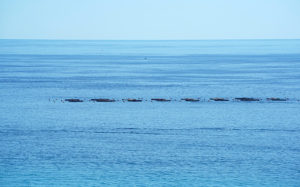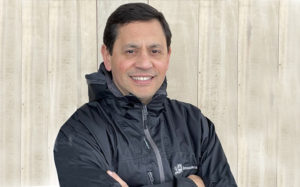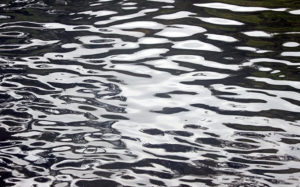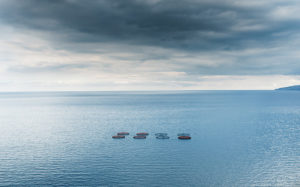Bringing Africa’s aquaculture leaders together to ensure a sustainable future
The freshly formed African Aquaculture Business Leaders Network aim to use the Global Salmon Initiative’s (GSI) model of uniting business leaders to accelerate the sustainable development of African aquaculture. Sophie Ryan from GSI told us about what’s been achieved so far.
Production
US-born aquaculture system has the potential to transform Thai fish farming
An innovative system initially designed to help US catfish farmers is offering a lifeline to fish producers across Southeast Asia who are facing increased pressure to farm more sustainably.
Microalgae can increase efficiency and sustainability of recirculating aquaculture systems
Incorporating microalgae into recirculating aquaculture systems (RAS) can more effectively manage waste while transforming it into valuable products, according to researchers in Germany and Belgium.
Cage modifications can help manage sea lice problems — but care needed
Sea lice are one of the primary problems affecting Atlantic salmon farming, with severe infestations impacting fish health and performance, and the stress of treatments being linked with the development of other diseases. Changes to the sea cages that salmon are often farmed in offers one solution, according to an expert.
Combining technology and knowledge to improve aquaculture in Southeast Asia
Southeast Asia is one of the world’s fastest-growing regions for aquaculture, but production efficiency, environmental impact and disease remain bottlenecks for sustainable production.
Exposed, offshore salmon farms may complicate fish-health challenges
Life on exposed offshore aquaculture sites may increase the susceptibility of farmed Atlantic salmon to parasites and pathogens.
Cutting antibiotic use in Chile’s growing salmon sector
An interview with Francisco Vallejos, MV, deputy health manager for Camanchaca SA.
Low-light conditions affect tilapia survival and disease resistance
Light can affect the survival, growth and immune response of fish. New research shows that persistent exposure to low-intensity light decreases the survival rate of Nile tilapia but stimulates their disease resistance.
Submerged cages with air domes improve sea lice infestation but reduce welfare
Submerging Atlantic salmon sea cages with air domes can greatly reduce sea lice infestation levels, but this appears to come at a high cost.

